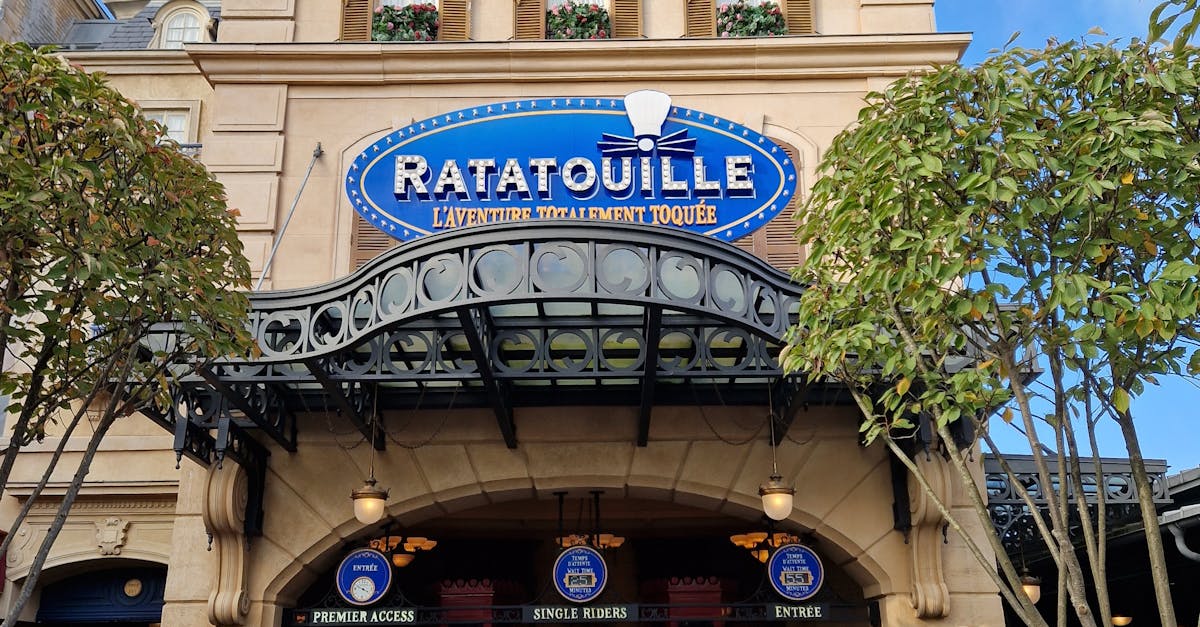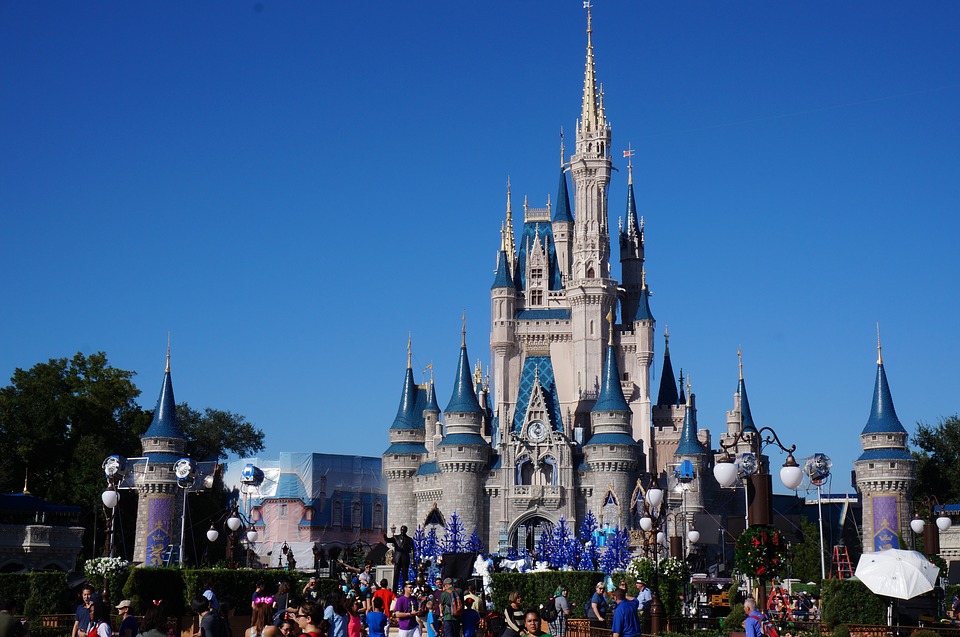The magic of Disney World often comes with long lines. We all know that. But what if some guests are skipping those waits entirely, not by buying a Lightning Lane, but by exploiting a system meant for those who truly need it? Recent chatter online, sparked by guest observations, suggests a troubling trend might be taking root: the alleged misuse of Disney’s Disability Access Service, or DAS.
Imagine this: you’ve been waiting for Slinky Dog Dash for 90 minutes. You see a group being whisked past everyone, straight to the loading area, with one person in a wheelchair. Nothing seems amiss at first glance. But what if multiple people are reporting similar sightings, where the individual in the wheelchair appears to get up and walk moments later, or shows no obvious signs of needing it? That’s the core of the frustration bubbling up in online forums and social media.
Disney introduced the Disability Access Service (DAS) to help guests with disabilities who, due to their condition, cannot tolerate extended waits in a conventional queue environment. This isn’t just for physical disabilities. It caters to cognitive, developmental, and other non-visible conditions. Guests register, explain their needs, and receive return times for attractions, bypassing the physical line. It’s a vital, well-intentioned service.
But, as with any system designed for genuine need, there’s always the risk of exploitation. We’re hearing whispers, and sometimes outright shouts, from guests who feel cheated. They describe seeing what they perceive as healthy individuals using wheelchairs or DAS passes to jump queues. The accusation isn’t always that the person *doesn’t* have a disability, but that the *extent* of the need might be exaggerated to gain an unfair advantage.
Now, let’s be clear: judging someone’s disability from a distance is impossible and unfair. Many disabilities are invisible. You can’t tell someone’s medical history by looking at them. So, the vast majority of DAS users are absolutely legitimate and rely on the service to enjoy their day. This isn’t about shaming those who need it. It’s about questioning the integrity of the system when public perception suggests potential abuse.
The impact on other guests is real. When a system is perceived as being gamed, it breeds resentment. Long lines get longer. The perception of fairness erodes. It chips away at the overall “magic” everyone pays good money to experience. This isn’t just about cutting a line; it’s about the feeling that some are getting a free pass while others play by the rules.
Disney’s stance on DAS abuse is pretty clear: it’s not tolerated. They state that “if Disney determines that any of the statements a guest made in the process of obtaining DAS are not true, the guest will be permanently barred from entering Walt Disney World Resort and the Disneyland Resort, and any previously purchased annual passes, Magic Key passes, tickets and other park products and services will be forfeited and not refunded.” That’s a serious consequence. But enforcing it without infringing on the privacy or rights of genuinely disabled guests is a monumental challenge.
This isn’t a new issue for theme parks. From people trying to sneak in outside food to groups using “rope drop” strategies that push the limits, guests have always looked for perceived advantages. The DAS system, however, touches on a more sensitive area: disability.
So, what’s the solution? Greater scrutiny at the point of registration? More visible staff monitoring? It’s a tightrope walk for Disney. They need to protect a vital service for disabled guests while ensuring the system isn’t being exploited, all without becoming intrusive or discriminatory. It’s a complex problem, and one that, based on recent online chatter, seems to be causing real friction in the parks.
Ultimately, the integrity of the Disney experience rests on a shared understanding of rules and fair play. When that trust wavers, the magic starts to dim, one skipped line at a time. It leaves us wondering: how much is too much when it comes to “beating the system” at the expense of others, and at what point does Disney step in more decisively to protect the spirit of its truly inclusive services?


